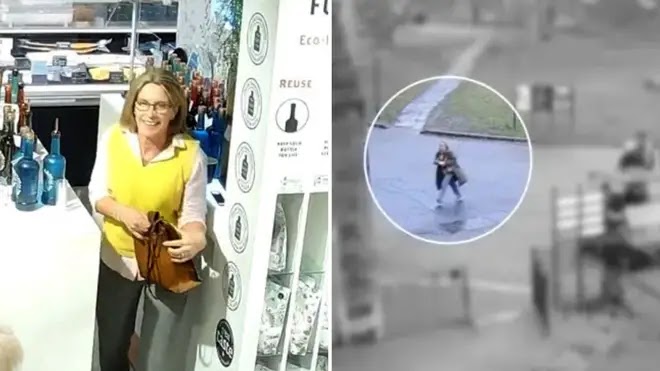In England, An Artificial Pancreas is Set To Revolutionize Diabetes Care
A potentially life-changing artificial pancreas is being tested in over 900 patients with type 1 diabetes in England.
It can replace finger prick tests and prevent life-threatening hypoglycaemic episodes, which occur when blood sugar levels drop too low.
The method works by placing a sensor beneath the skin.
It continuously monitors the readings, and a pump adjusts the quantity of insulin required automatically.
Charlotte, a six-year-old from Lancashire, is one of over 200 youngsters who use the hybrid closed loop device.
Ange Abbott, her mother, said that it has had a huge impact on the entire family.
"Everything was manual before the loop," she explained. "At night, we'd have to set the alarm every two hours to administer finger pricks and insulin corrections to deal with Charlotte's blood sugar fluctuations."
In the United Kingdom, almost 400,000 people have type 1 diabetes, a condition in which the body is unable to generate insulin, the hormone that regulates blood sugar levels.
It is the world's first statewide test of the technology, according to NHS England, and comes 100 years after the first diabetic patient got insulin injections.
Because the amount of carbs consumed at mealtimes must be entered, the hybrid method is not totally automated.
Dr. May Ng, Charlotte's consultant and a paediatric endocrinologist at Ormskirk District General Hospital, believes the new device has a lot of promise.
"It's amazing, in my opinion. I've been treating children with diabetes for 25 years, and it's a game-changer "she stated
"It's incredibly gratifying to be able to improve their quality of life, to know that most of their blood glucose levels are inside that goal range."
Charlotte can return to being the child she was, according to Ange, because she is always monitored.
"She enjoys going out with her friends and having sleepovers, but we had to stop doing things as soon as she was diagnosed because other people were unable to handle her diabetes.
"We may now allow her to go out on these social occasions.
.jpeg)



.jpeg)





.jpeg)